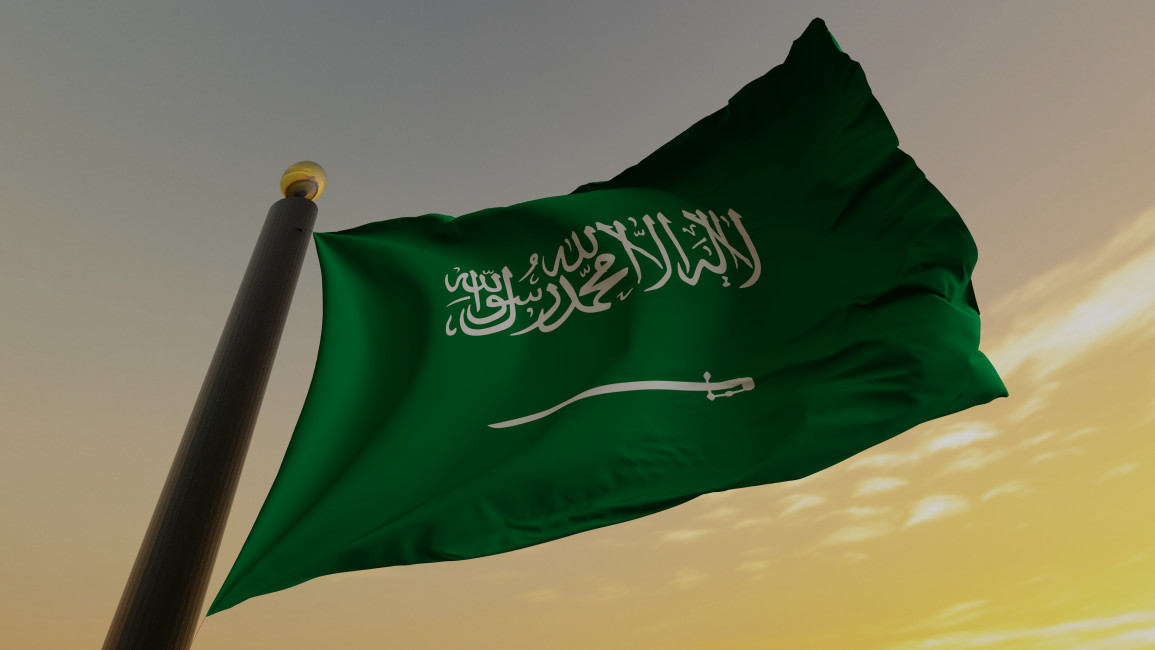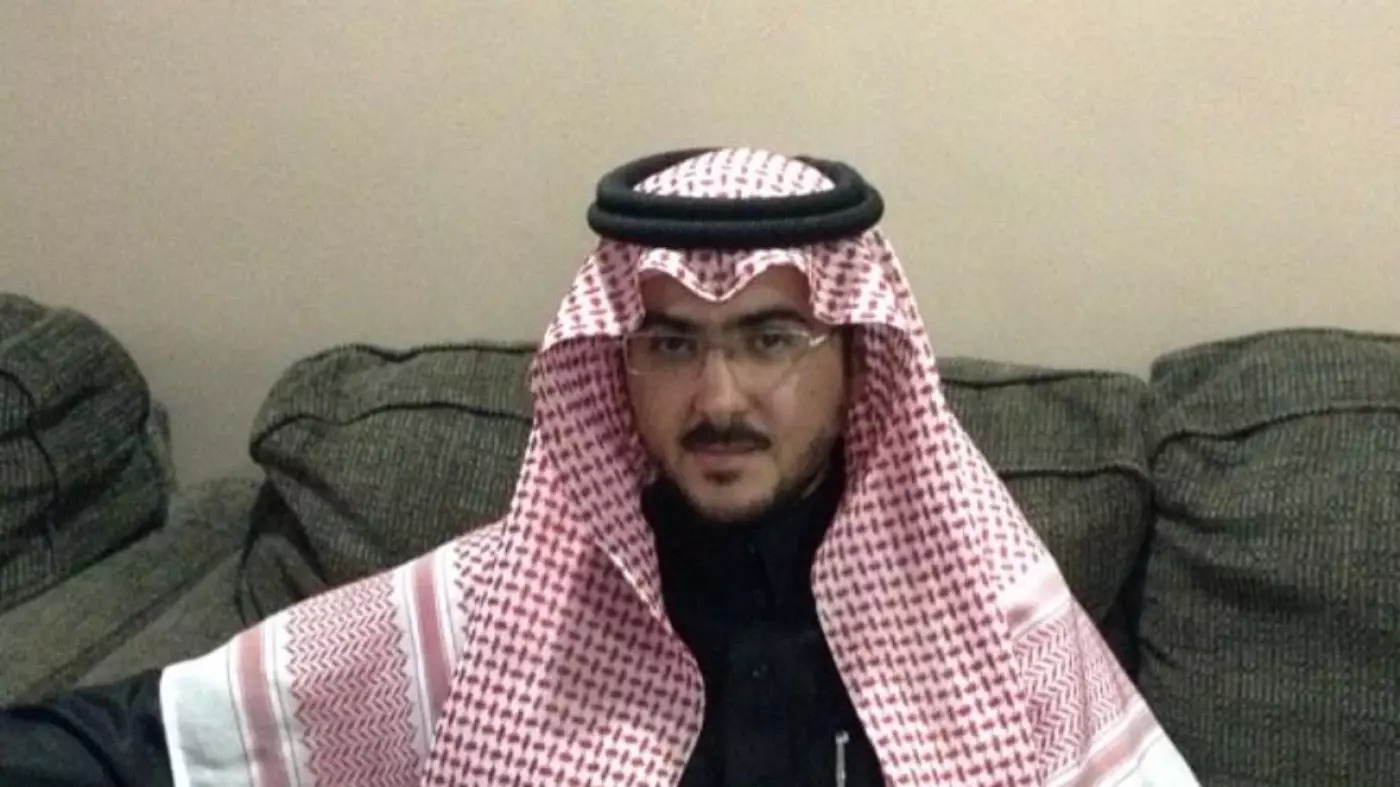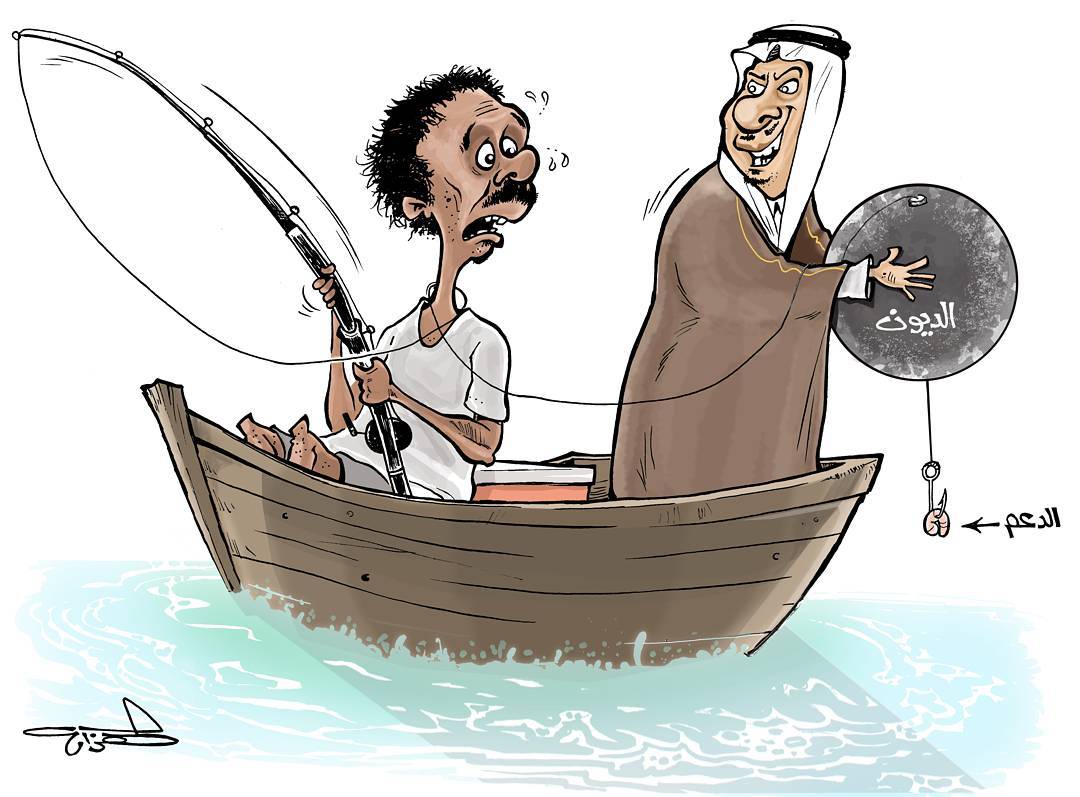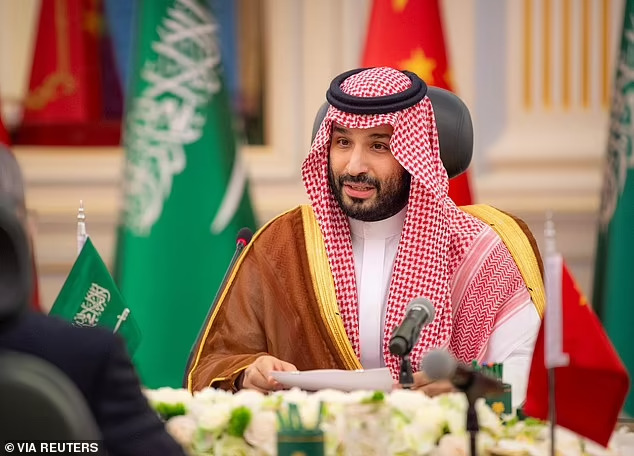Saudi Cartoonist Al-Ghamdi Sentenced to Unappealable 23 Years in Prison

In a stark illustration of the ongoing suppression of artistic expression in Saudi Arabia, Mohammed al-Ghamdi, a 48-year-old cartoonist, has been sentenced to an unappealable 23 years in prison. This decision comes from Saudi Arabia’s Specialized Criminal Court. It marks a significant escalation in the crackdown on dissent that has intensified since Crown Prince Mohammed bin Salman assumed effective control of the kingdom.

Saudi artist Mohamed al-Hazzaa
Al-Ghamdi, known professionally as Al-Hazza, was initially sentenced to six years in July 2021, after being detained in February 2018. His original charges stemmed from his work for the Qatari newspaper ‘Lusail’ during the Saudi-led diplomatic blockade of Qatar, which began in 2017.
The blockade followed claims that Qatar was supporting extremist groups and was too closely aligned with Iran—allegations that Doha has consistently denied. “He was almost there... He almost left the prison. But then out of nowhere it was opened again, and it was 23 years,” recounted his sister, Asrar al-Hazza, in an interview from the United States.
Human rights organizations, including SANAD, a UK-based group focused on Saudi Arabia, argue that the re-opening of the case was politically motivated. According to SANAD, Al-Hazza had ceased his contributions to ‘Lusail’ before his arrest, yet he was still prosecuted for allegedly insulting the Saudi government through political cartoons.
 Hazza’s drawing
Hazza’s drawingThese charges include claims that he published approximately 100 offensive drawings and made social media posts deemed hostile to the kingdom. Sanad operations manager Samer Alshumrani pointedly remarked, “The case of Mohammed al-Hazza is one example of the suppression of freedom of expression in Saudi Arabia, which has not spared anyone, including artists.”
 Saudi Crown Prince Mohammed bin Salman
Saudi Crown Prince Mohammed bin SalmanSaudi officials have been reticent to comment on the case, with no response provided to inquiries from the press. However, the circumstances surrounding Al-Hazza’s arrest and subsequent sentencing reveal a troubling pattern of governmental control over artistic expression.
His arrest involved a violent raid by security forces, who stormed his home and studio without a warrant. “The raid caused significant distress for his pregnant wife and one of his children who was present,” SANAD reported.
The climate for free expression in Saudi Arabia has deteriorated under Crown Prince Mohammed bin Salman, who has paradoxically sought to modernize the country while simultaneously enforcing strict regulations on dissent.
The introduction of the Specialised Criminal Court, tasked with dealing with terrorism-related cases, has become a tool for silencing critics. During a 2019 interview, when pressed about the jailing of women's rights activists, bin Salman stated, “There are laws in Saudi Arabia that must be respected, whether or not we agree with them, whether I agree with them or not.”
Al-Hazza’s situation is emblematic of a broader pattern; activists have highlighted a systemic approach to repress any expression perceived as critical of the state. Over the past two years, numerous individuals have been convicted and handed lengthy prison sentences for social media posts or artistic expressions deemed unsatisfactory by the authorities.
As the kingdom positions itself as an emerging tourist destination and investor-friendly environment, the juxtaposition of these aspirations with harsh penalties for free expression raises serious questions. The Saudi regime's attempt to cultivate a more liberal image on the international stage contrasts sharply with its ongoing repression of dissenting voices.
“This situation underscores the urgent need for international action to protect artistic freedom and human rights in Saudi Arabia,” SANAD emphasized.




